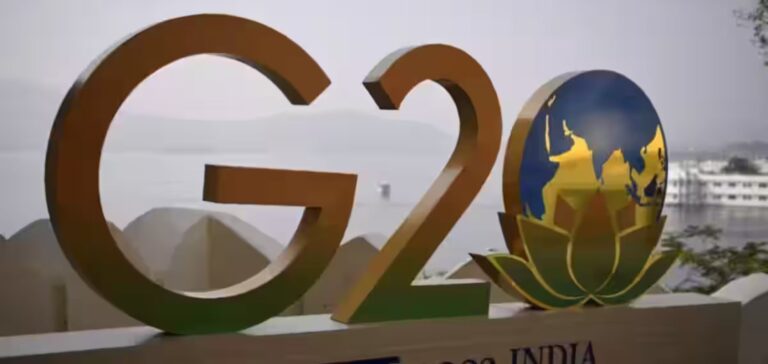China strongly denied on Wednesday that it had obstructed climate talks between G20 environment ministers last week, saying it was “regrettable” that they failed to reach agreement.
G20 climate talks: Major CO2-emitting countries struggle to reach agreement
Meeting in Madras, India, the ministers, whose countries alone account for over 80% of the planet’s CO2 emissions, failed to agree on a cap on these emissions by 2025.
Discussions with China, Saudi Arabia and Russia have been “complicated”, French Minister for Ecological Transition Christophe Béchu told AFP.
A source also told the British newspaper The Financial Times that China had deliberately blocked the discussions. These claims were strongly disputed on Wednesday by the Chinese Ministry of Foreign Affairs, which said they “in no way correspond to reality”.
The meeting produced “positive and balanced results”, he said in a statement. “But due to the interference of certain countries who unjustifiably introduced geopolitical issues (into the debates), the meeting did not result in any communiqué, which China regrets”, he stressed without providing any further details.
Blockages and concerns at G20 climate talks
The failure of last week’s Madras meeting follows that of a previous meeting held on July 22 in Goa, also in India. The G20 energy ministers were unable to agree on a timetable for reducing the use of fossil fuels.
This outcome was seen as a blow to efforts to reduce emissions. The main oil-producing countries are concerned about the impact of a too-rapid energy transition on their economies, with Russia and Saudi Arabia in particular singled out for lack of progress in Goa.






















